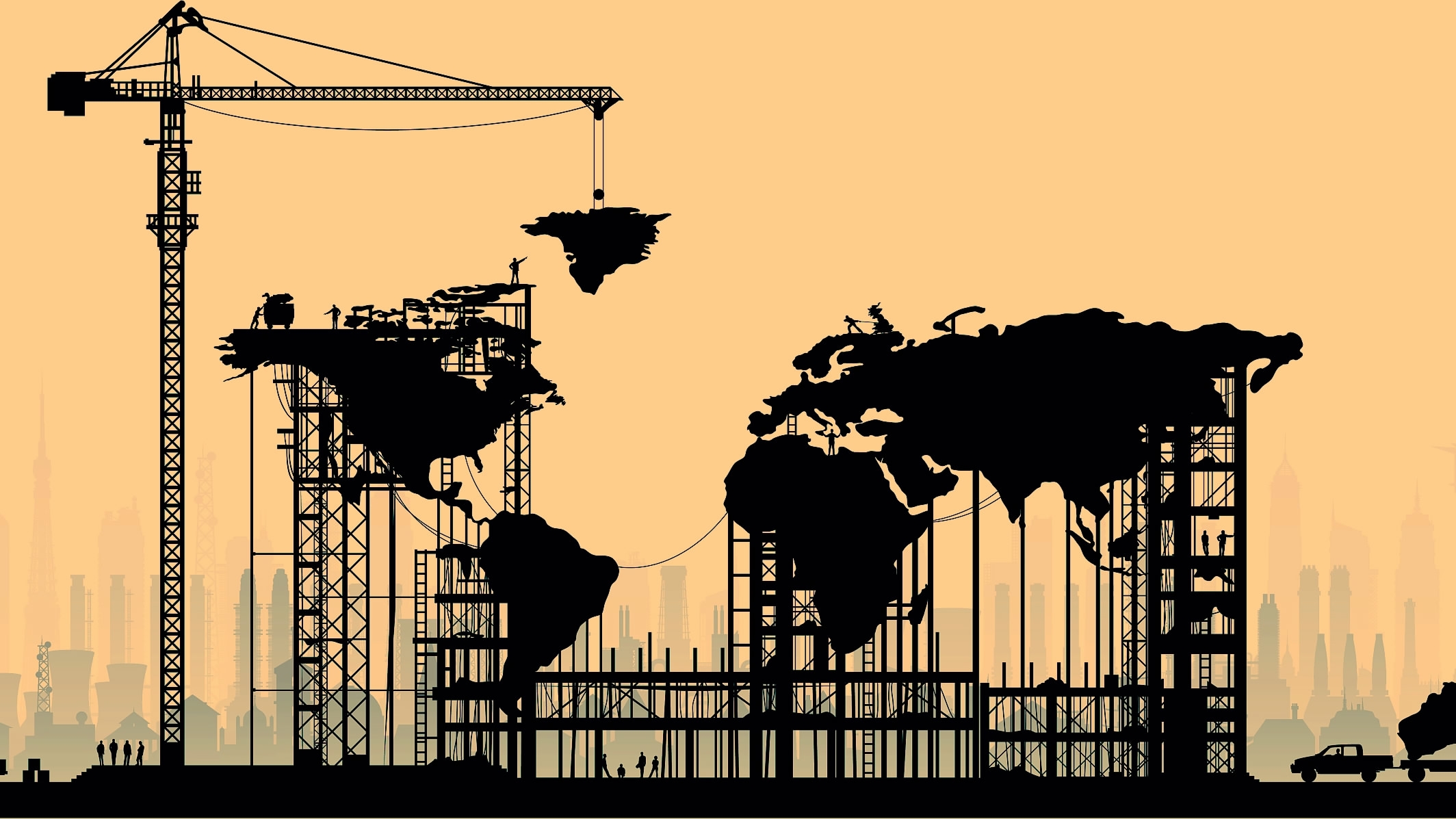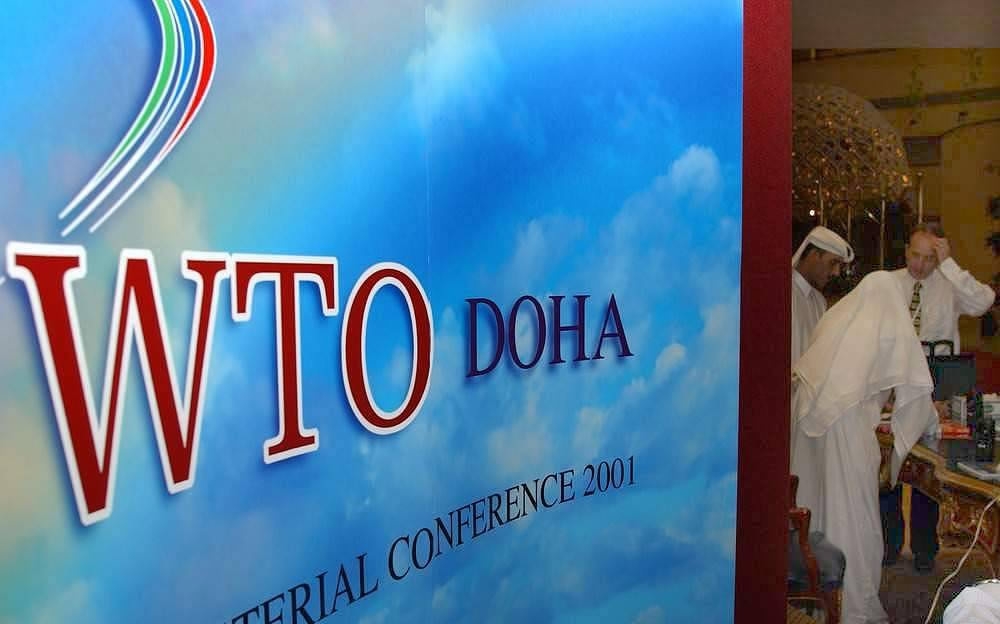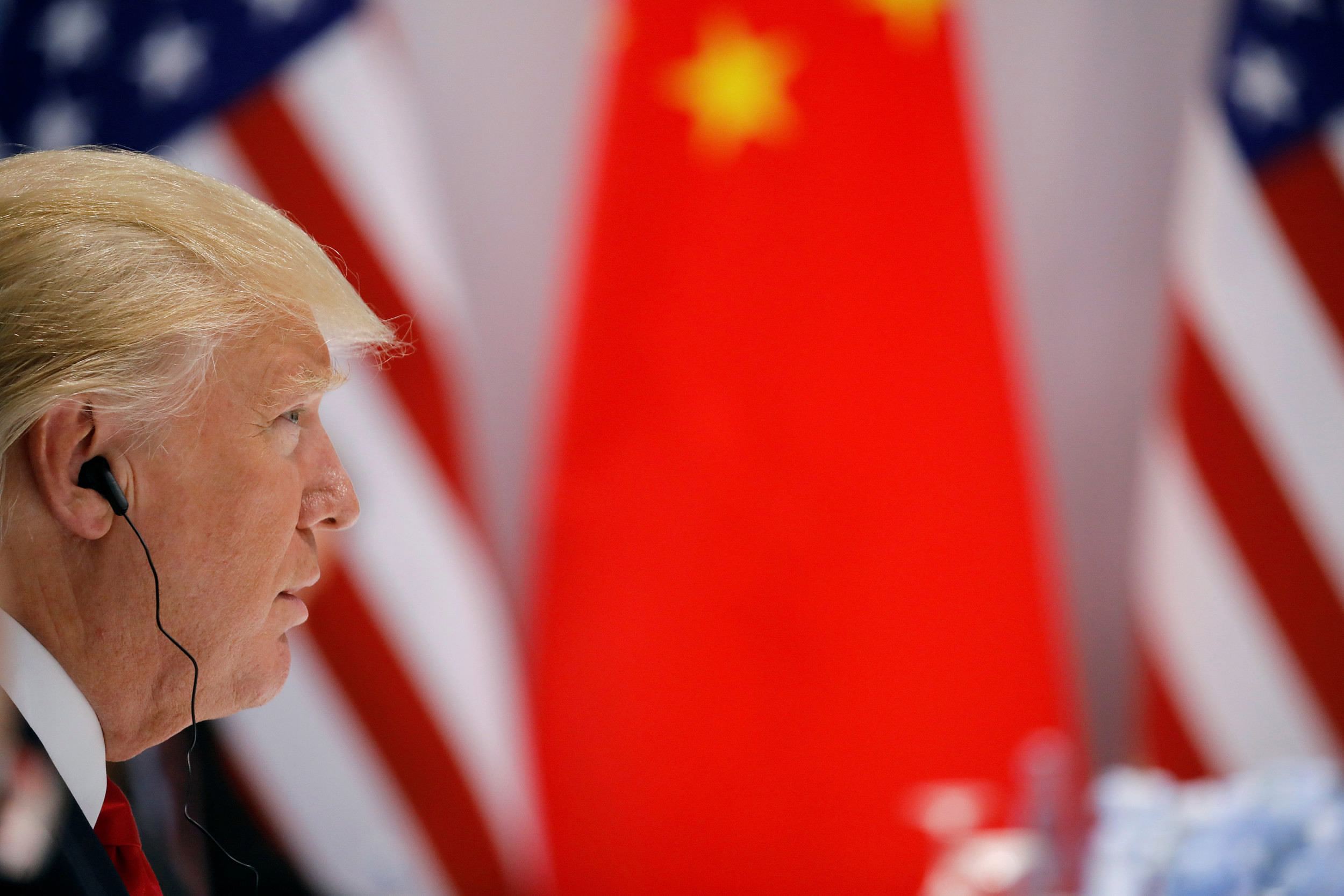
Business
17:27, 06-Apr-2018
Does the WTO have the power to stop a trade war?
Nicholas Moore

As trade tensions between the US and China escalate, Beijing has called on the World Trade Organization (WTO) to help it counter proposed tariffs targeting Chinese imports.
Since its establishment over 20 years ago, this clash between the world’s two largest economies is one of the toughest challenges the WTO has ever had to face.
Does the organization wield enough power to prevent a descent into a trade war, with potentially devastating consequences for the global economy?
What’s the point of the WTO?
With 164 member countries and regions, the WTO was set up in 1995 to replace the GATT (General Agreement on Tariffs and Trade).
GATT was established after the Second World War to avoid a repeat of divisive tariffs and damaging protectionism, which arguably led to the Great Depression and the most devastating conflict in human history.
Today, the WTO’s principle aim is to “open trade for the benefit of all,” a simple goal that masks huge layers of complexity and negotiations.

Roberto Azevedo, current director-general of the WTO. /VCG Photo
Roberto Azevedo, current director-general of the WTO. /VCG Photo
GATT and the WTO have formulated several agreements and legal texts throughout the body’s history, all of which are ratified and agreed upon by the 164 members.
According to the WTO’s website, “there are a number of ways of looking at the World Trade Organization. It is an organization for trade opening. It is a forum for governments to negotiate trade agreements. It is a place for them to settle trade disputes.”
So the WTO can mediate on the current tensions, right?
On Wednesday China initiated a WTO dispute procedure against the US 301 tariff investigation, calling it a gross violation of the WTO’s fundamental principles.
The WTO previously ruled in 1999 that economically powerful countries must not threaten others with unilateral action, while its foundations in rules-based trade and liberalized commerce in theory should put China in good stead.
However, the WTO also has another term, ratified by all of its members, that states its rules on free trade do not apply when there is a “threat to national security,” without going into further details on what that constitutes. That exception has been in place since 1947, and rarely used by WTO members.

WTO talks on rule changes are notoriously long - the most recent round of talks began in Doha in 2001, and still haven't reached a conclusion. /VCG Photo
WTO talks on rule changes are notoriously long - the most recent round of talks began in Doha in 2001, and still haven't reached a conclusion. /VCG Photo
The US is now citing this exception as a justification for its tariffs on Chinese imports, as well as its own Section 232 of the Trade Expansion Act on national security.
The exception rule is very vague and left to individual countries to interpret for themselves. This means the WTO is now in uncharted territory, potentially tripping over its own complex, obscure and contradictory rules drawn up over the past 70 years.
If the WTO sides with China, what happens next?
Under previous administrations, trade disputes that went to the WTO typically ended in a settlement between the parties involved, or consultations continued until a solution could be found.
The WTO insists that it is not an international court, with its focus on settling disputes through negotiations. It can impose trade sanctions on countries that ignore its rulings, but it provides little detail on how such sanctions can be applied.
Could a country just ignore the WTO?
One of the biggest concerns over Donald Trump and this particular dispute with China is the US president’s disregard for multilateralism and international institutions.
In 2017, the White House said it was not bound by the WTO. Trump told Fox News “the WTO was set up to benefit of everybody but us…We lose the lawsuits, almost all of the lawsuits in the WTO.”

US President Donald Trump/ VCG Photo
US President Donald Trump/ VCG Photo
Last month he went even further, calling the WTO “a disaster” for the US.
If Trump does the unthinkable and simply ignores the WTO, the White House could spark an existential crisis for the trade body – if the US doesn’t want to take part, then why should other countries?
The WTO’s strength and legitimacy stem from the support it previously enjoyed from major economies like the US.
Without that support, the WTO lacks the tools to enforce the laws that have governed global trade since the Second World War.
The US would almost certainly face a strong backlash from the EU and other major economies that see the WTO as essential to safeguarding international trade. However, Trump has already shown scant regard for the opinions of traditional US allies and partners.
The WTO’s weakness lies in its own lack of a fixed identity – as it says so itself, “there are a number of ways of looking at the World Trade Organization.”
If Trump decides to look at the WTO as a body that he can simply bypass as he puts America first, then what is there to stop him?

SITEMAP
Copyright © 2018 CGTN. Beijing ICP prepared NO.16065310-3
Copyright © 2018 CGTN. Beijing ICP prepared NO.16065310-3